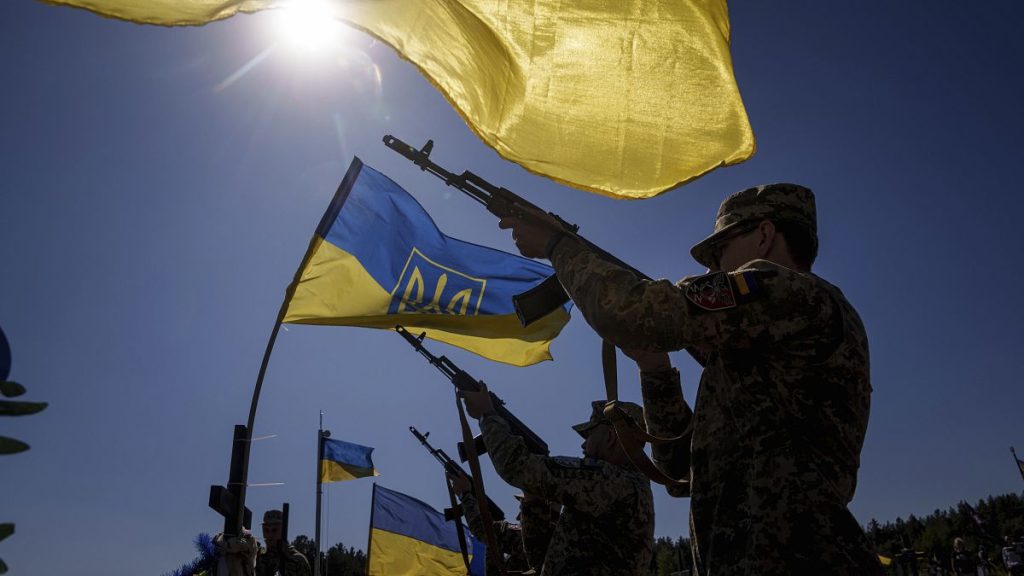Germany’s Chancellor, Olaf Scholz, expressed his belief in the necessity of including Russia in future peace conferences aimed at ending the war in Ukraine. Scholz emphasized the need for increased efforts to resolve the conflict and discussed the importance of finding a way to end the war situation quickly. Despite facing political discontent at home over his government’s support for Ukraine, including providing money and weapons, Scholz remains committed to diplomatic solutions and engaging with Russia. The previous international peace conference in Switzerland had concluded with 78 countries expressing support for Ukraine’s territorial integrity, but with Russia absent, the path forward remained unclear.
Ukrainian President Volodymyr Zelenskyy has also expressed gratitude for the support received at the Ukraine Defence Contact Group meeting, urging attendees to expedite the delivery of military hardware to the battlefield. Zelenskyy has requested permission to use these weapons to strike targets deeper inside Russia. The United States announced an additional $250 million military aid package, while the UK pledged to send a package of 650 air defense missiles and Germany committed to sending 12 self-propelled howitzers. Zelenskyy emphasized the need to strengthen Ukraine’s position and protect cities and villages from Russian attacks while providing more support for Ukrainian soldiers on the front lines.
On the battlefield, reports emerged of continued fighting near the town of Pokrovsk in Ukraine, where over 20,000 inhabitants remain despite evacuation efforts. Russian airstrikes have targeted the area, damaging a local electricity substation and leaving residents without power. In Russia’s Belgorod region, the governor shared photographs showing the aftermath of Ukrainian shelling in the village of Nikolskoe, with claims of damage to residential buildings and injuries to civilians. Russia’s Defence Ministry reported the downing of drones in the Belgorod and Kursk regions, illustrating ongoing military engagements on both sides of the conflict.
The involvement of Russia in future peace conferences remains a critical aspect of efforts to end the war in Ukraine, as emphasized by Chancellor Scholz and President Zelenskyy. While facing internal political challenges over support for Ukraine, including backlash from populist parties opposing military aid to Kyiv, Scholz remains committed to diplomatic solutions. Zelenskyy continues to advocate for increased military support to strengthen Ukraine’s position against Russian aggression and protect civilians from further attacks. The ongoing conflict near Pokrovsk highlights the human cost of the war, with residents enduring airstrikes and power outages as the fighting continues.
Efforts to resolve the conflict through peace conferences and diplomatic negotiations are ongoing, with international support for Ukraine bolstered by military aid packages from the United States, the UK, and Germany. The Biden administration’s commitment to providing additional military assistance underscores the importance of international solidarity in supporting Ukraine’s defense against Russian aggression. As the fighting persists on the ground, with reports of continued shelling and drone activity in both Ukraine and Russia, the need for a peaceful resolution to the conflict remains paramount. Despite the challenges and complexities involved, leaders like Scholz and Zelenskyy remain steadfast in their commitment to finding a way out of the war situation and achieving lasting peace in the region.


